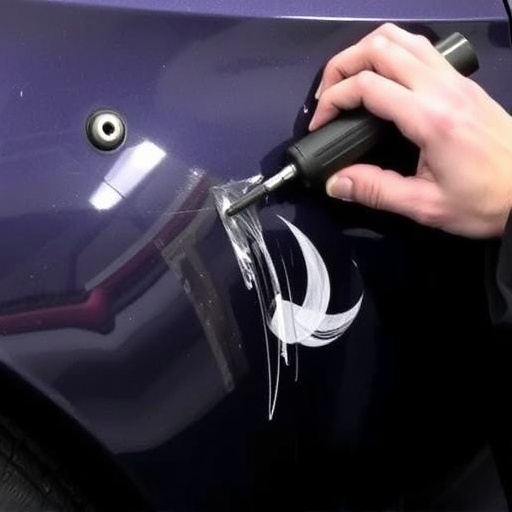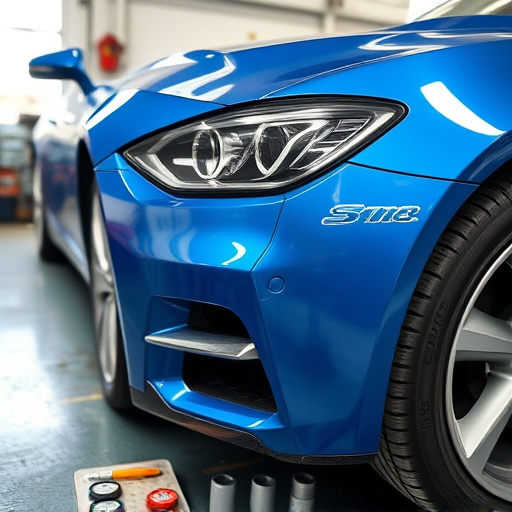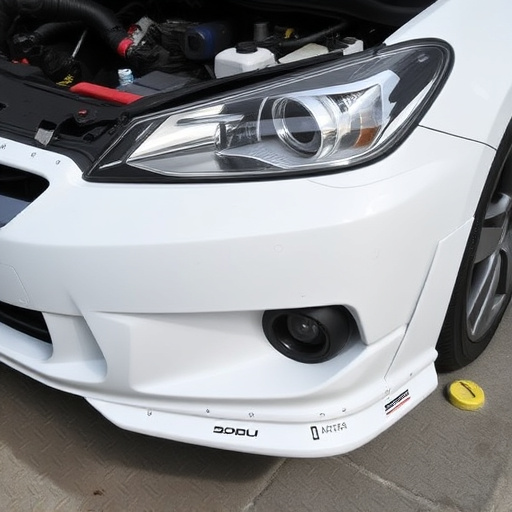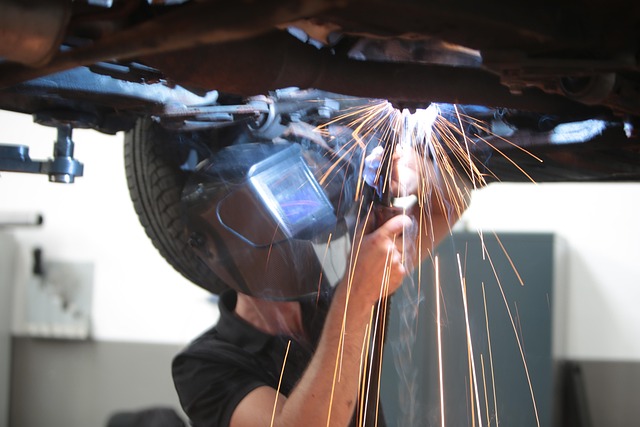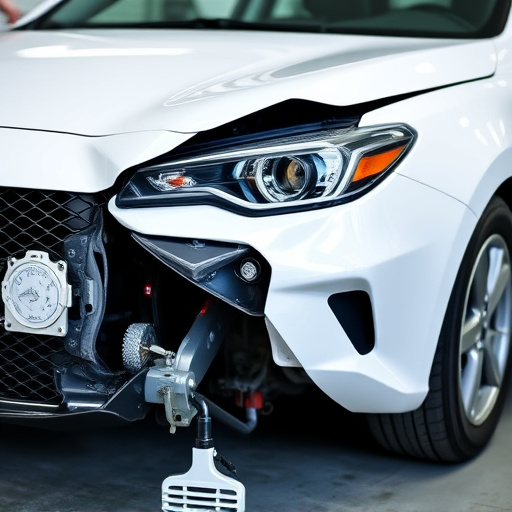Quality control inspection is a vital process in automotive services, particularly for auto collision centers and dent repair shops, ensuring customer satisfaction and trust by rigorously scrutinizing repairs. It identifies minute misalignments or paint imperfections in body work and flawless dent removal with perfect paint matching. This critical process includes assessing vehicle structure integrity, alignment, and soundness, reducing return visits, enhancing satisfaction, preventing costly repeat repairs, and fostering trust from simple oil changes to complex frame repairs through clear standard-setting, staff training, regular checks, multi-step inspections, and specialized tools.
“Uncover the power of quality control inspection as a strategic tool to elevate business performance. This article explores its profound impact on preventing return visits and issues, ensuring customer satisfaction and brand loyalty. From understanding the value of meticulous inspection to implementing effective strategies, we delve into the process and benefits, such as enhanced product quality, reduced waste, and improved efficiency. Discover how this method revolutionizes operations for long-term success.”
- Understanding the Impact of Quality Control Inspection
- The Process of Quality Control Inspection and Its Benefits
- Strategies to Implement Effective Quality Control Inspection for Long-term Success
Understanding the Impact of Quality Control Inspection

Quality control inspection plays a pivotal role in ensuring customer satisfaction and fostering trust in automotive services industries, especially within auto collision centers and car dent repair shops. By implementing rigorous quality control measures, these facilities can significantly reduce return visits due to defective work and subsequent issues. This process acts as a robust defense mechanism against poor workmanship, ensuring that every repair or bodywork service meets the highest standards.
For instance, in auto body work, where precision is key, quality control inspection helps identify even the slightest misalignments or paint imperfections. Similarly, during car dent repair, it ensures that dents are not only removed but also that the paint job is flawless, matching the original finish perfectly. This meticulous attention to detail prevents customers from facing dissatisfaction and the associated hassle of revisiting the center for corrections.
The Process of Quality Control Inspection and Its Benefits

The process of quality control inspection involves a meticulous evaluation of products or services to ensure they meet established standards and specifications. This includes checking for defects, measuring performance, and verifying compliance with industry regulations. In the context of automotive repair, particularly auto frame repair, this means assessing the integrity of vehicle structures, ensuring alignment, and confirming structural soundness.
The benefits of quality control inspection are multifaceted. For one, it significantly reduces return visits by identifying and rectifying issues before customers even leave the workshop. This not only enhances customer satisfaction but also prevents costly repeat repairs. In auto maintenance and automotive repair, where precision is key, quality control ensures that every fix is done right the first time, fostering trust in the services provided, whether it’s a simple oil change or complex auto frame repair.
Strategies to Implement Effective Quality Control Inspection for Long-term Success

Implementing effective quality control inspection is paramount for long-term success in auto dent repair and car body restoration services. It’s not just about identifying defects; it’s a strategic process that involves setting clear standards, training staff to maintain those standards, and establishing robust systems for regular, unannounced checks. By integrating these practices into daily operations, auto repair shops can ensure consistent quality in every service provided.
For instance, employing a multi-step inspection process after each stage of the repair, from initial assessment to final touch-ups, allows for early detection of any issues. Furthermore, utilizing specialized tools and technology designed for precision measurement and analysis ensures accuracy. Regular training sessions on quality control protocols for all staff members, especially technicians, fosters a culture of continuous improvement. This approach not only prevents return visits due to subpar work but also builds customer trust in the auto repair services provided.
Quality control inspection is a powerful tool that significantly reduces return visits and issues by ensuring product excellence. By implementing a thorough and strategic inspection process, businesses can foster long-term success and customer satisfaction. Investing in effective quality control practices not only enhances operational efficiency but also strengthens brand reputation, ultimately driving business growth and competitiveness in today’s market.


